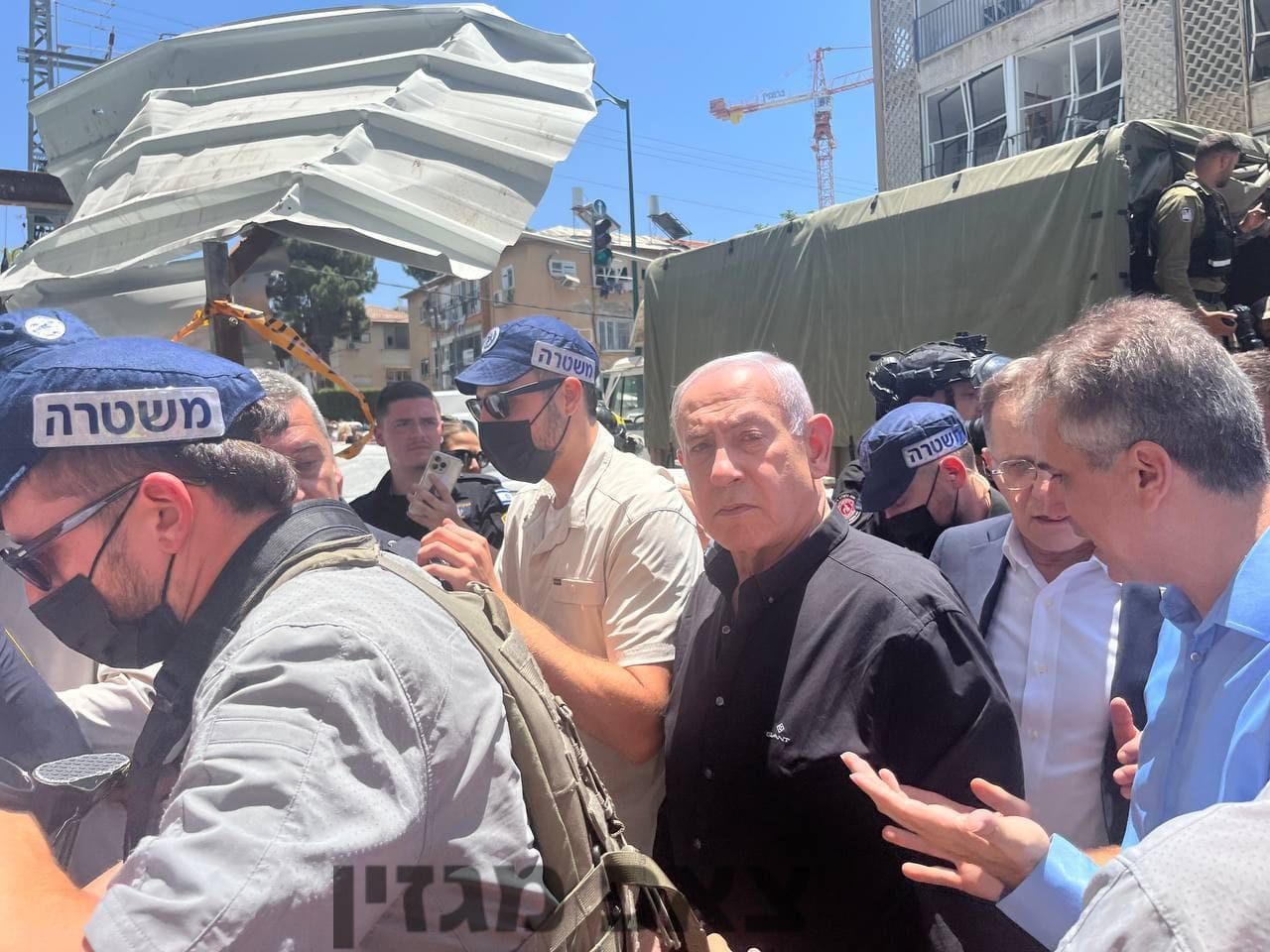Mossad’s Shadow War: More Details About Covert Drone Strikes That Crippled Iran’s Defenses From Within
Inside Mossad’s daring covert drone operation crippling Iran’s air defenses from within, a critical move underpinning Israel’s aerial strikes and reshaping the regional conflict’s dynamics.

As Israel’s F-35 jets struck Iran’s nuclear and military sites on June 13th, a clandestine Mossad operation was already underway inside Iran, deploying smuggled drone parts to disable air defenses and missile launchers, according to sources familiar with the mission. The operation, detailed in a Wall Street Journal report, sheds light on why Iran’s response to Israel’s “Operation Rising Lion” has been less severe than anticipated.
For months, Israel’s spy agency, Mossad, smuggled components for hundreds of explosive-laden quadcopter drones into Iran via suitcases, trucks, and shipping containers. Small teams, equipped with these drones and munitions for unmanned platforms, positioned themselves near Iran’s air-defense systems and missile sites.
When Israel’s attack began, these teams struck, neutralizing air defenses and targeting missile launchers as they emerged from shelters, one source said. Dozens of missiles and their transport trucks, a critical bottleneck for Iran, were destroyed before launch, disrupting Iran’s ability to mount a robust counterattack.
Iran fired approximately 200 missiles at Israel in four salvos between Friday and Saturday, killing at least 13 people, including three minors, and injuring over 385, mostly lightly, according to Israel’s Ministry of Health. Damage was reported in Tel Aviv, Jerusalem, Haifa, and Bat Yam. Sima Shine, a former Mossad officer and head of the Iran program at Tel Aviv’s Institute for National Security Studies, noted that Israel expected a fiercer response. “We expected much more,” she said, cautioning that Iran’s vast missile reserves could fuel escalated attacks in the coming days.
The Mossad operation gave Israel’s air force critical aerial dominance. Israeli military spokesperson Effie Defrin confirmed that 70 fighter jets operated over Tehran for more than two hours on Saturday, striking targets at an unprecedented depth in Iran. “We created aerial freedom of action,” Defrin said. The strikes, which killed senior Iranian officials, including IRGC Commander Gen Hossein Salami and Chief of Staff Maj Gen Mohammad Bagheri, also targeted the South Pars gas field and Shahran oil depot, killing at least 78, including 29 children, per Iranian reports.
Mossad’s tactics mirror recent Ukrainian operations, where drones smuggled into Russia targeted warplanes. These low-cost, off-the-shelf drones highlight a growing challenge for governments defending against agile, unconventional threats. Iran’s intelligence services, via outlets like Tasnim, issued advisories warning of Israeli drones launched from pickups and cargo trucks, reflecting heightened paranoia about infiltration.
This operation builds on Mossad’s history of audacious covert actions in Iran, including the 2022 drone attack on a Kermanshah drone-production site and the 2023 strike on an Isfahan ammunition factory. Last summer, Mossad allegedly assassinated Hamas leader Ismail Haniyeh in a Tehran guesthouse, underscoring its deep infiltration capabilities. For the current campaign, preparations began years ago, with Mossad training team leaders in third countries to assemble and deploy the smuggled drones. The operation’s public disclosure, Shine noted, sows fear among Iran’s leadership, amplifying its psychological impact. “No one in Iran’s high echelons can feel safe,” she said.
Iran has vowed to intensify attacks if Israel persists, with threats to target U.S., UK, and French bases if they intervene. The Revolutionary Guards warned of “more ferocious” operations, and Iran’s threat to close the Strait of Hormuz could spike oil prices past $120 per barrel, risking a global recession. Meanwhile, Israel’s leadership, including Defense Minister Israel Katz, signaled a sustained campaign to dismantle Iran’s nuclear, missile, and air-defense capabilities, with Katz urging forces to “peel away the snake’s skin piece by piece.”
As the conflict escalates, Israel faces domestic challenges. In Eilat, residents avoid poorly maintained shelters, hiding instead in bathrooms, reflecting strained civilian infrastructure. President Isaac Herzog, visiting Bat Yam, called for calm, stating, “Nothing will deter us. The day after will be much brighter.” With both sides poised for further action, the region teeters on the edge of broader conflict.